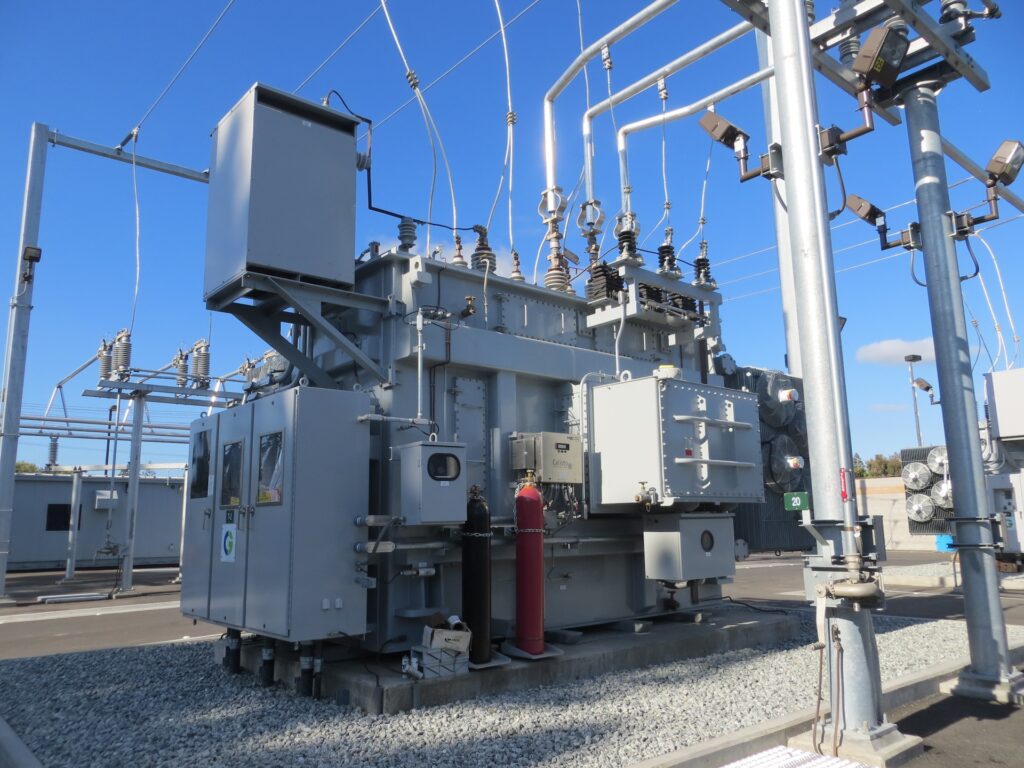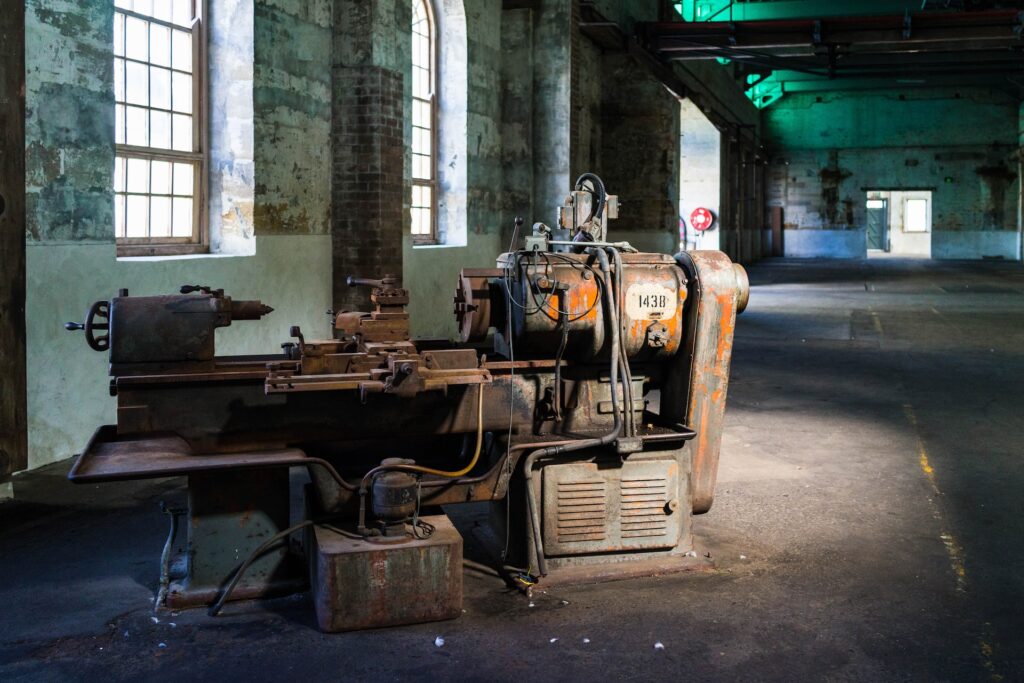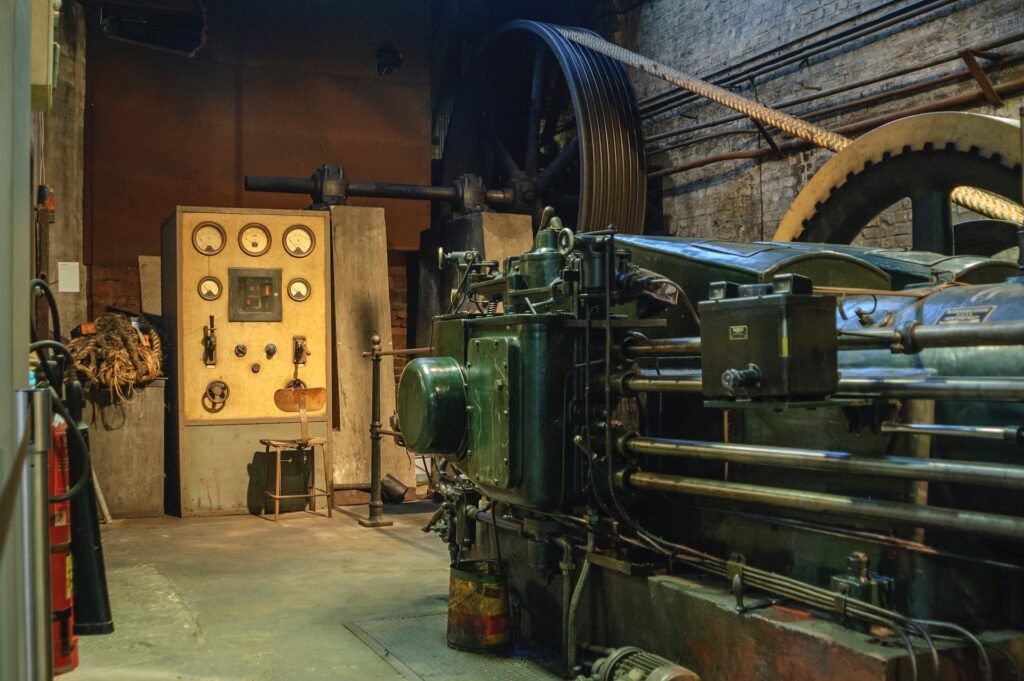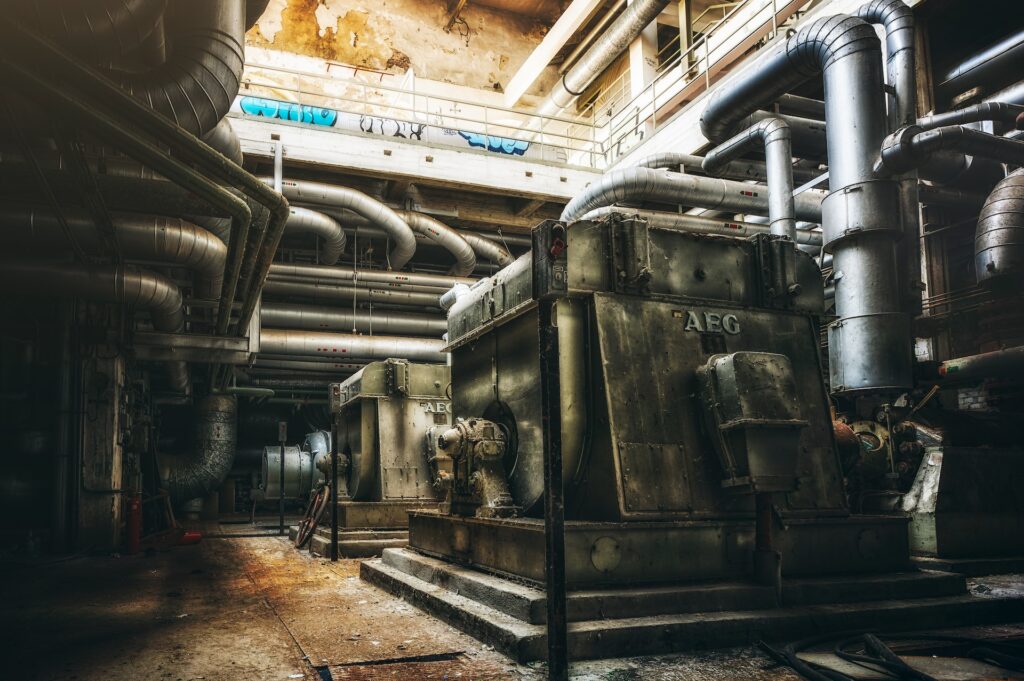You’re tired of power outages ruining your day. You’ve decided it’s time to invest in a home generator, but you’re not sure where to start. Don’t worry, we’ve got you covered.
In this comprehensive guide, you’ll learn about your power needs, explore different generator types, and dive into cost and maintenance considerations. We’ll even share safety tips and review top generator brands.
Let’s get you powered up with the right knowledge to make an informed decision!
Understanding Your Power Needs

Before you can choose the right generator, you’ll need to understand your home’s power needs. Begin by calculating your total power demand. Identify every appliance you anticipate using during a power outage and tally their wattage. Keep in mind, some appliances need more power to start, known as ‘starting wattage’, then drop to lower ‘running wattage’. Don’t overlook less obvious power draws like security systems or medical equipment.
Consider factors affecting power consumption, such as the size of your home, number of occupants, and your lifestyle. For instance, if you’re an avid gamer, you’ll need a generator that can support your gaming consoles. Investigate your electric bill for monthly usage data to help inform your decision.
The generator’s capacity should ideally exceed your power needs, to ensure reliable service.
Evaluating Different Generator Types
So, how do you determine which type of generator is best suited for your needs?
Begin by evaluating the three main types: portable, inverter, and standby generators.
Portable generators are mobile, cost-effective, and ideal for powering essential appliances. However, they’re manually operated and require refueling.
Inverter generators are quieter, more fuel-efficient, and offer cleaner power, making them perfect for sensitive electronics. They’re more expensive and provide less power than portable generators.
Standby generators are permanently installed, kick in automatically during power outages, and can power your entire home. They’re the priciest but offer convenience and comprehensive coverage.
Analyze your power needs, budget, and desired convenience level to choose the right type.
Cost and Maintenance Considerations

After you’ve pinpointed the type of generator that suits your needs, the next crucial factors to consider are the costs and maintenance demands associated with it. Keep in mind that the upfront cost of the generator isn’t the only expense. You’ll also need to factor in ongoing costs such as fuel, servicing, and potential repairs.
Different generators have varied efficiency levels, so the type you choose could significantly impact your fuel costs. Maintenance is another critical aspect. Some generators require more frequent servicing than others, potentially leading to increased long-term costs.
Furthermore, consider the generator’s lifespan. A cheaper model might seem attractive initially, but if it’s not as durable or reliable, you could end up spending more in the long run.
Safety Tips for Home Generators
While considering costs and maintenance is essential, you shouldn’t overlook the importance of safety when using home generators. Even the best model can pose risks if not used correctly.
For starters, never operate a generator inside or in a closed-off area due to the risk of carbon monoxide poisoning. It’s essential to keep it outside, at least 20 feet away from your house, to ensure proper ventilation.
Before using your generator, read the user manual thoroughly to understand its operation and potential hazards. It’s crucial to turn it off and let it cool before refuelling to prevent fire.
Lastly, you mustn’t overload the generator. Use a transfer switch to connect it to your home’s electrical system safely.
Top Generator Brands Review
Often, when ensuring safety with home generators, you’ll also want to consider the reliability of the brand you’re choosing. Brands like Generac, Honda, and Yamaha have a reputation for producing high-quality, durable generators.

Generac, for instance, excels in power output and run-time, making it suitable for large homes.
Honda’s generators, on the other hand, are known for their fuel efficiency and quiet operation, perfect for residential areas with noise restrictions.
Yamaha, meanwhile, offers a balance of power and portability, ideal for those needing a mobile solution.
Other factors like warranty, customer service, and parts availability also play a part in a brand’s reliability.
Thus, choosing the right brand involves a detailed analysis of your specific power needs and circumstances.
Conclusion

In sum, understanding your power needs, evaluating generator types, considering costs and maintenance, and adhering to safety protocols are key in choosing the right home generator.
Investing in reliable brands ensures durability and efficiency. Remember, the right choice isn’t just about meeting your power needs but also about ensuring the safety of your household.
Take your time, do your research, and make an informed decision. Your ultimate home generator is just around the corner.